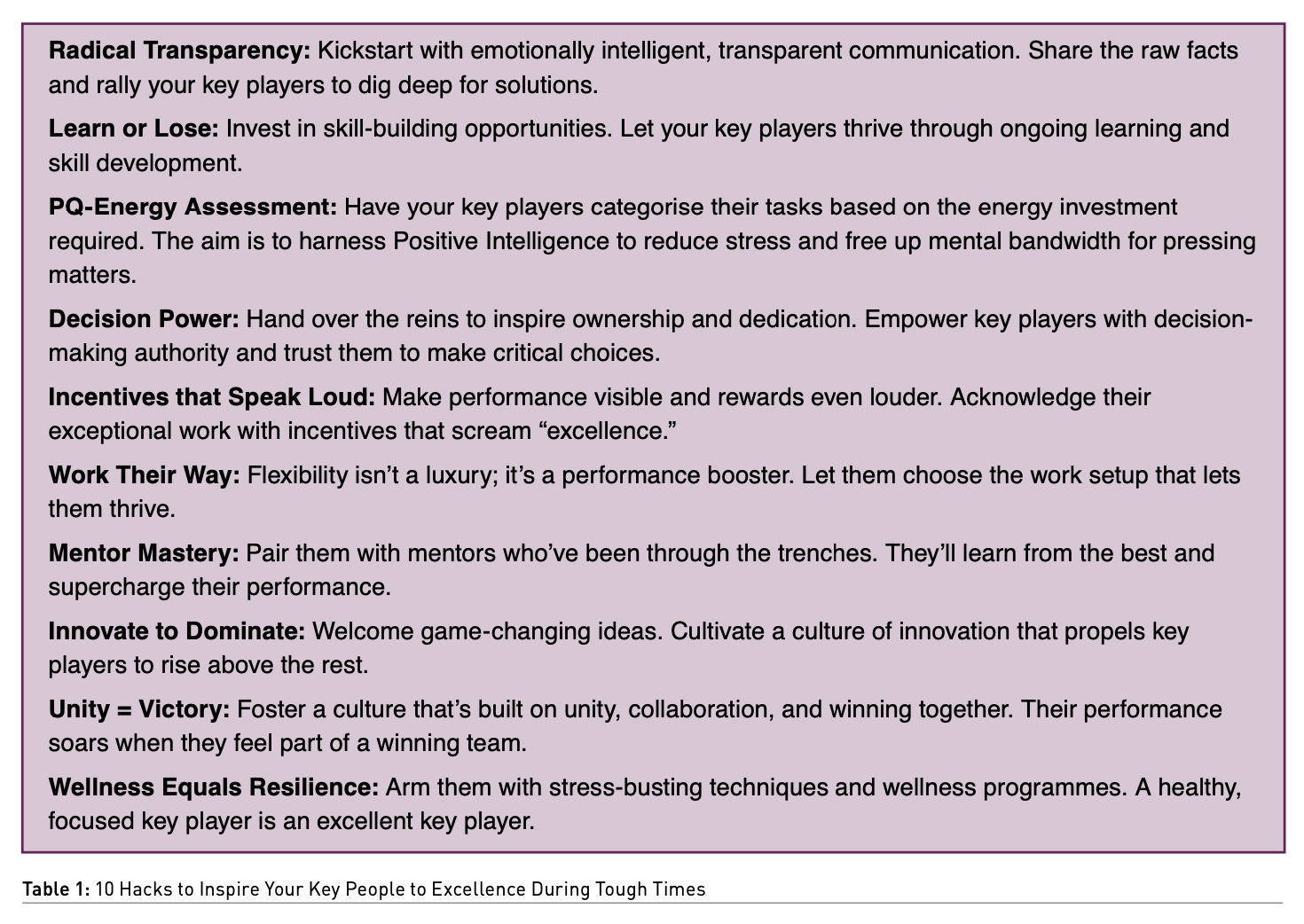HealthManagement, Volume 23 - Issue 5, 2023
Unmasking the high price of neglecting employee mental fitness and the path to lasting loyalty in the healthcare sector.
Key points
- According to a survey by the World Health Organization, 45% of healthcare workers are grappling with symptoms of depression, anxiety, or burnout.
- Many healthcare workers are leaving their jobs, and some aren’t showing up to work.
- The incentive for healthcare organisations to embrace mental fitness is paramount, and the evidence is undeniable.
- The incentive to do so is multi-fold. For healthcare organisations, it translates to reduced costs, enhanced employee retention and elevated quality of patient care.
- For healthcare professionals, it cultivates resilience, a sense of purpose, and a lifelong commitment to their profession.
In the heart of healthcare’s complex landscape, where compassion intertwines with crisis, a silent revolution takes shape. It’s a story that may lack big, fancy moments, but it’s full of people who are determined to never give up. Today, we embark on a journey to unmask a hidden narrative, one concealed by heavy medical charts and the quiet secrets of stethoscopes. A conversation about the longevity of healthcare facilitators cannot be had without addressing the mental fitness required to thrive in high-pressure jobs. We uncover the hidden costs of its negligence and reveal its transformative power in cultivating unbreakable loyalty among healthcare professionals through enabling mental well-being.
The Cost of Neglecting Employee Mental Fitness in Healthcare
Imagine bearing the weight of life and death daily, and yet, the heroes in white coats are often left to their own devices when it comes to their mental well-being. Recent statistics reveal a chilling reality – 45% of healthcare workers are grappling with symptoms of depression, anxiety, or burnout, as per a survey by the World Health Organization (WHO). And this is no mere pandemic-induced anomaly; it’s a glaring symptom of a deeper-rooted problem in the healthcare industry.
Here’s the problem, plain and simple - lots of healthcare workers are leaving their jobs, and many aren’t showing up to work. The numbers are staggering, and it’s not just about money. Finding and training a new healthcare worker costs between $50,000 to $100,000 (Lindquist 2023). But even more importantly, patients lose trust, the quality of care drops, and our healthcare system gets shaky because of this.
Mental Fitness: The Key to a Resilient Healthcare Workforce
In the heart of this crisis lies a solution - mental fitness. It’s not just about surviving; it’s about thriving. It encompasses accessing emotional intelligence and applying positive intelligence, which trains mental and emotional resilience that is vital in a profession where emotions run deep and the stakes are higher than ever.
Emotional Intelligence: Healthcare professionals need to master the art of recognising, understanding, and managing emotions – their own and those of their patients. It’s not just a soft skill; it’s the linchpin that ensures they provide empathetic care and steer through the tempestuous sea of stress with fortitude.
Positive Intelligence: The power of positivity isn’t an empty mantra; it’s a concrete tool to fortify one’s resilience. A positive mindset isn’t just a ‘nice-to-have’ but a ‘must-have’ in a healthcare worker’s toolkit. Healthy Positivity breeds loyalty, not only within the team but also towards the organisations they serve.
The incentive for healthcare organisations to embrace mental fitness is paramount, and the evidence is undeniable. This is no longer an option; it’s a prescription. It involves:
- Mental Health Programmes: These programmes should become a cornerstone of healthcare institutions, including counselling, stress management, and coping strategies.
- Education and Training: Emotional and positive intelligence should be woven into the curriculum for healthcare professionals, just like clinical skills.
- Supportive Work Environment: Organisations should lead by example, nurturing a culture that values mental well-being ensuring that everyone feels safe and encouraged to speak openly.
- Regular Assessment: Regular mental fitness check-ins are the only way to identify issues early and provide tailored interventions.
- Flexible Work Arrangements: Flexibility is crucial for managing work-life balance, which is instrumental in preserving mental fitness.

The Incentive for Mental Fitness
The incentive is multi-fold. For organisations, it translates to reduced costs and enhanced employee retention, not to mention an elevated quality of patient care. For healthcare professionals, it’s about cultivating resilience, a sense of purpose, and a lifelong commitment to their profession.
Patients are the ultimate beneficiaries of this revolution. An emotionally intelligent, positively attuned healthcare workforce not only improves patient satisfaction but also contributes to better health outcomes. As healthcare consumers, this is the kind of care we all aspire to receive.
Healing the healthcare workforce starts from within. The cost of neglecting employee mental fitness is colossal, not just in monetary terms but in terms of human lives and trust. Mental fitness, with its cornerstone of emotional intelligence and positive intelligence, is the key to building a resilient healthcare workforce and fostering unwavering loyalty. The silent revolution is underway, and it’s time for the world to take notice. Let’s unmask the true heroes in healthcare and honour their relentless spirit in building a healthier, stronger, and more compassionate healthcare system.
Conflict of Interest
None.
















